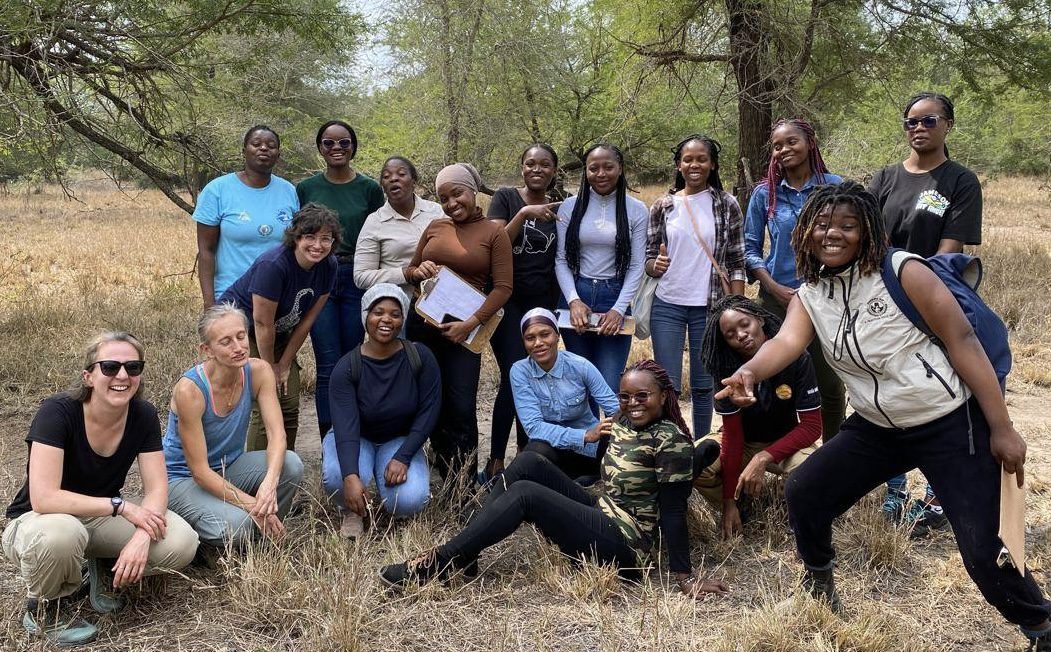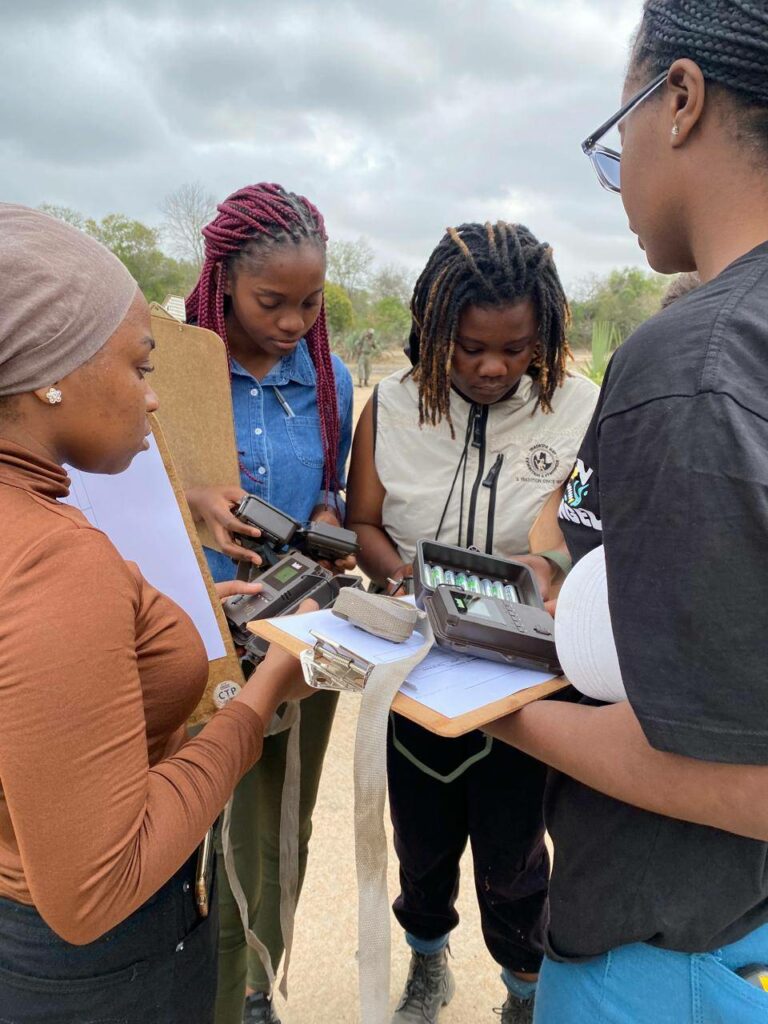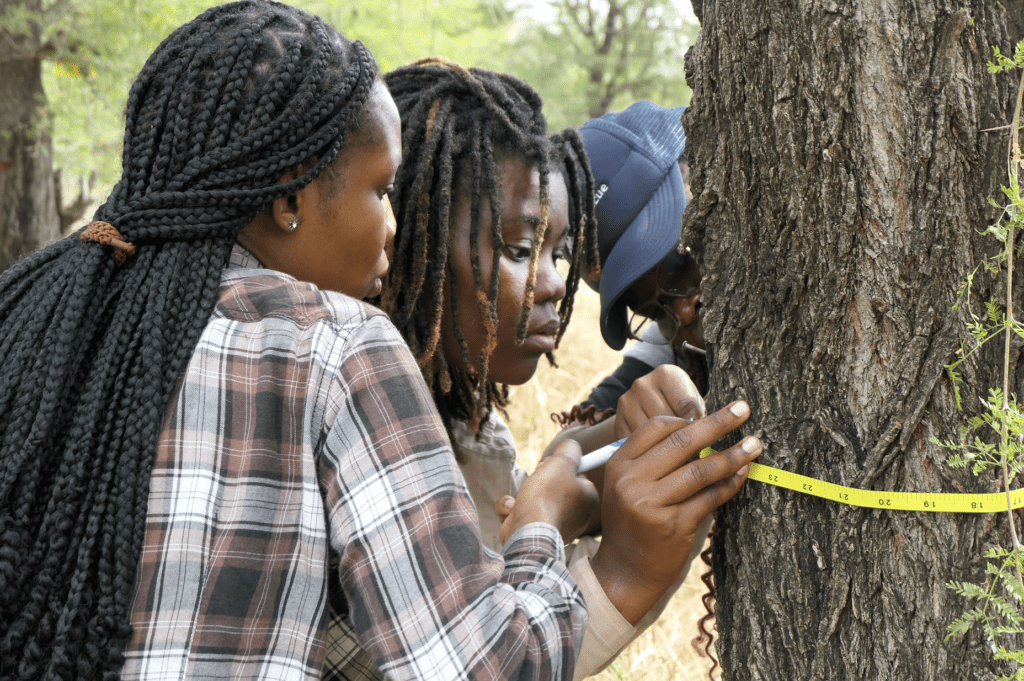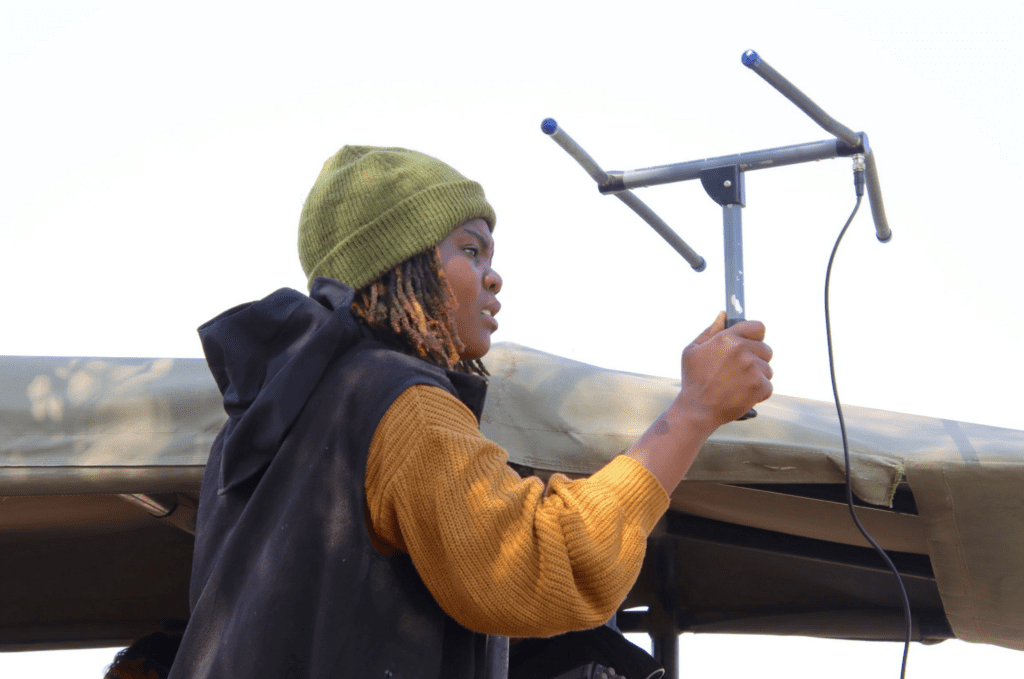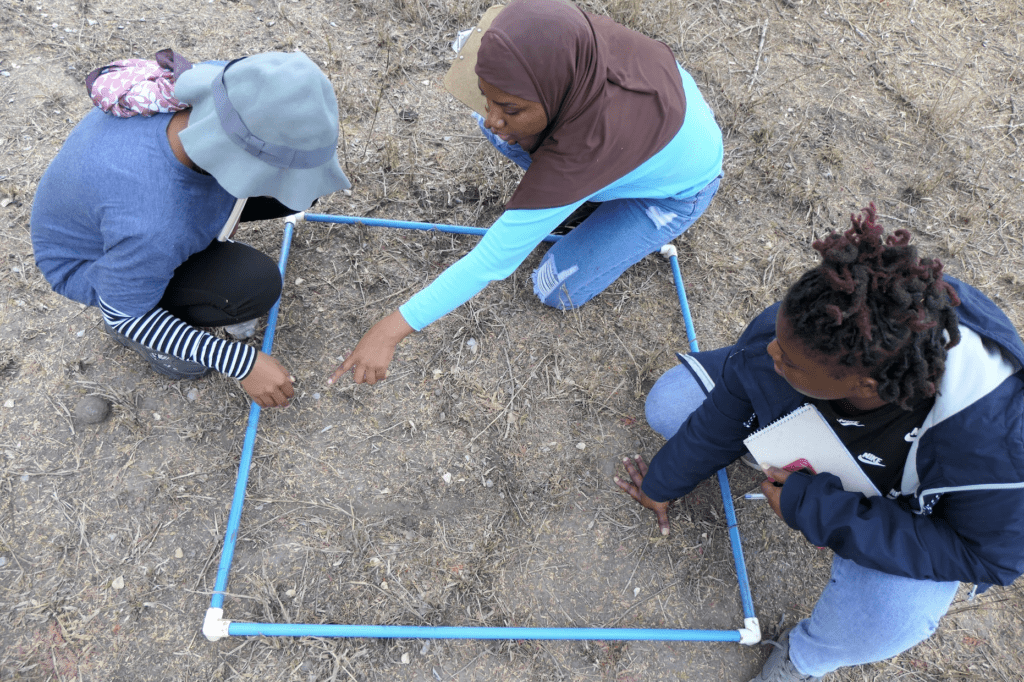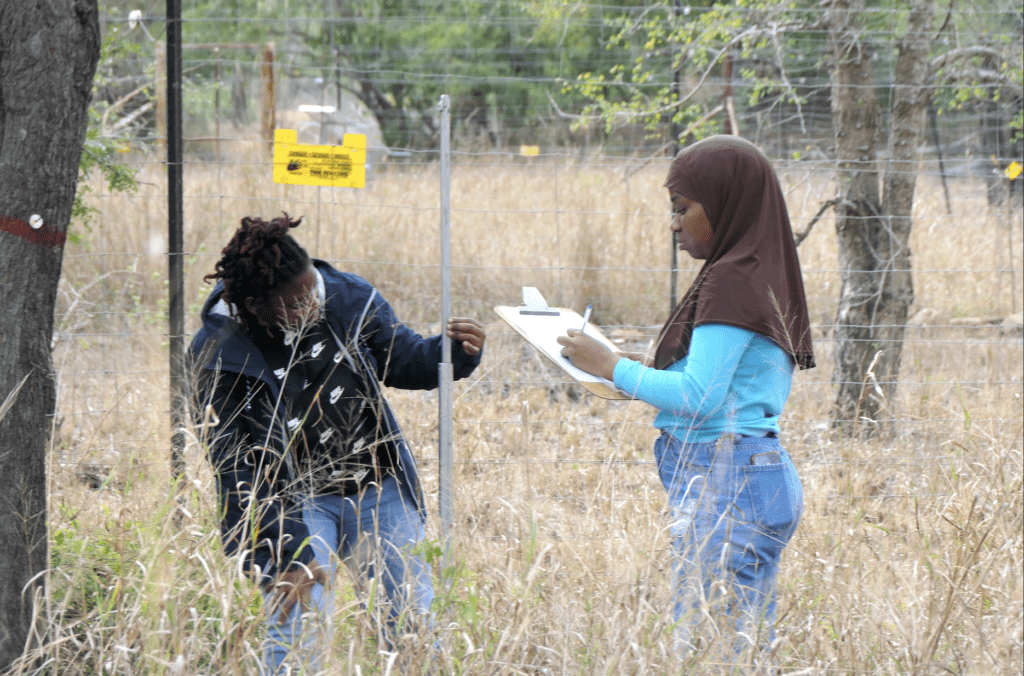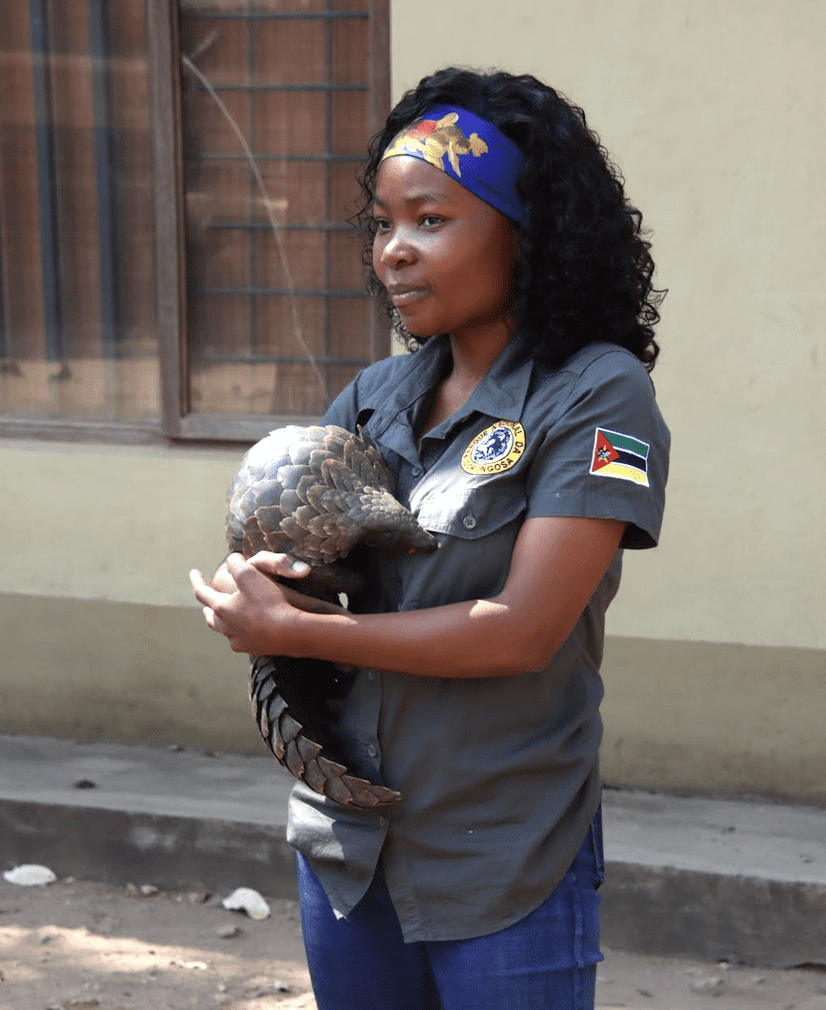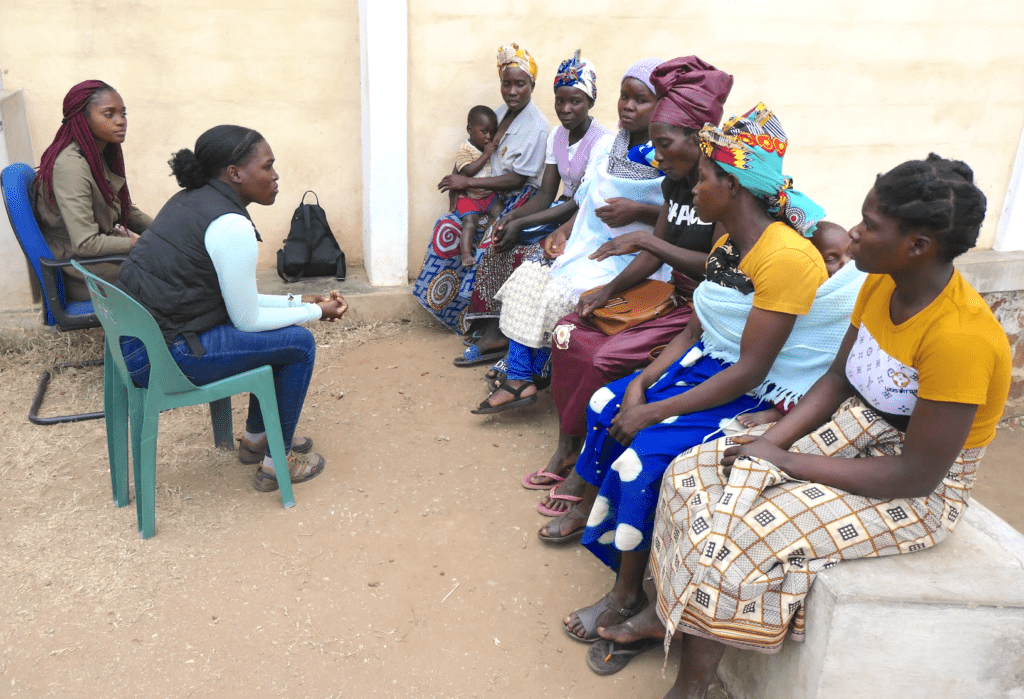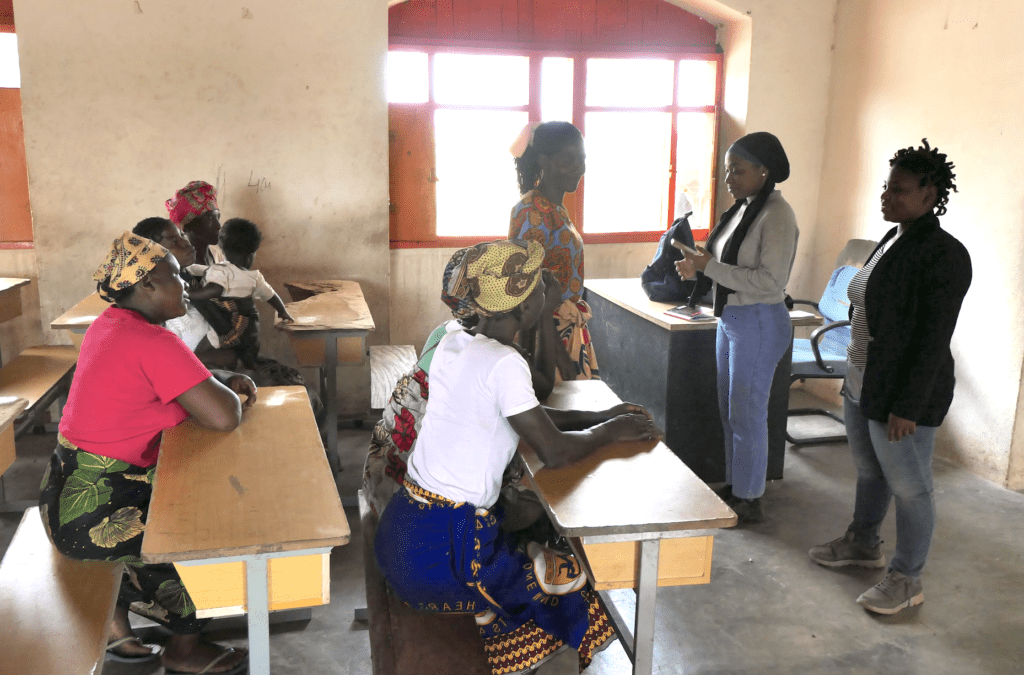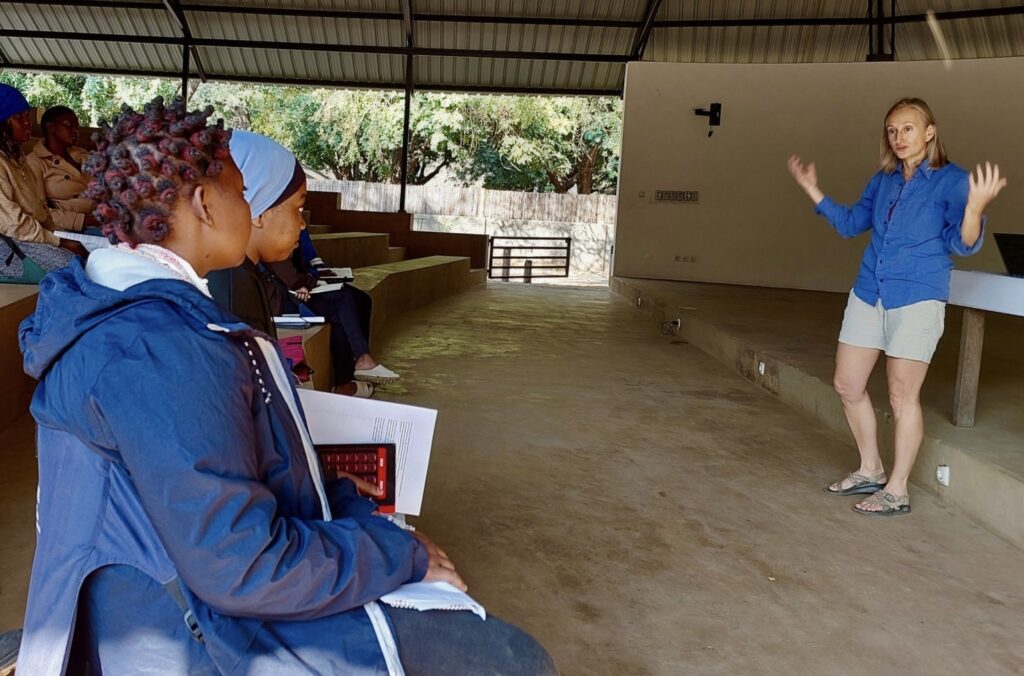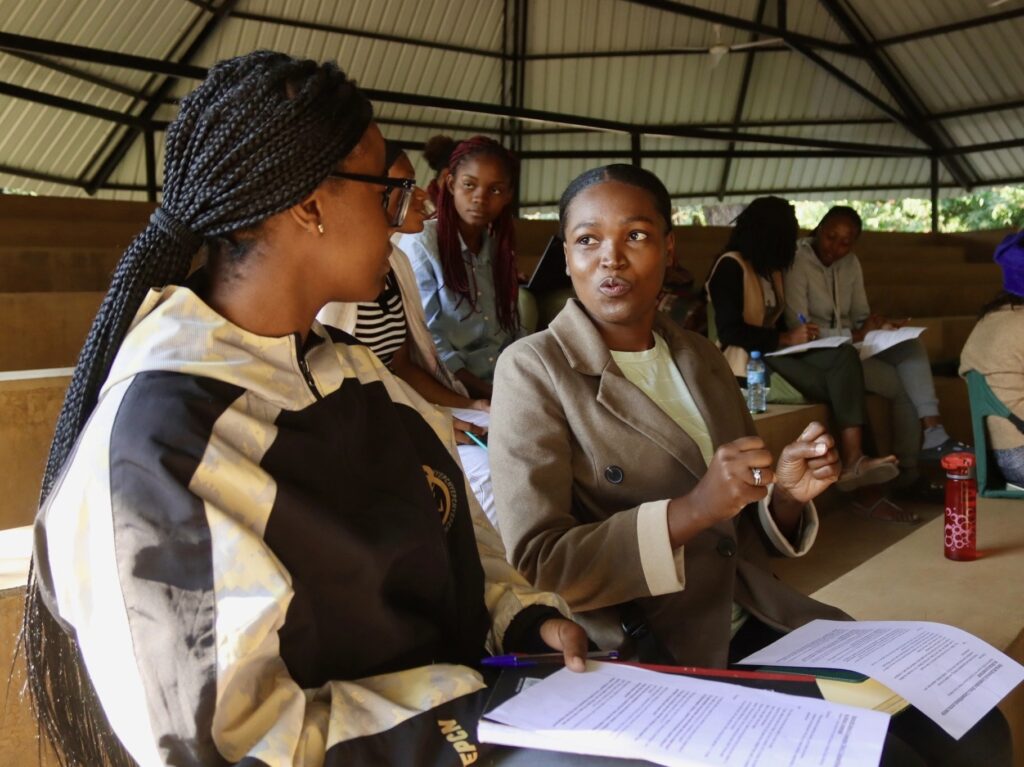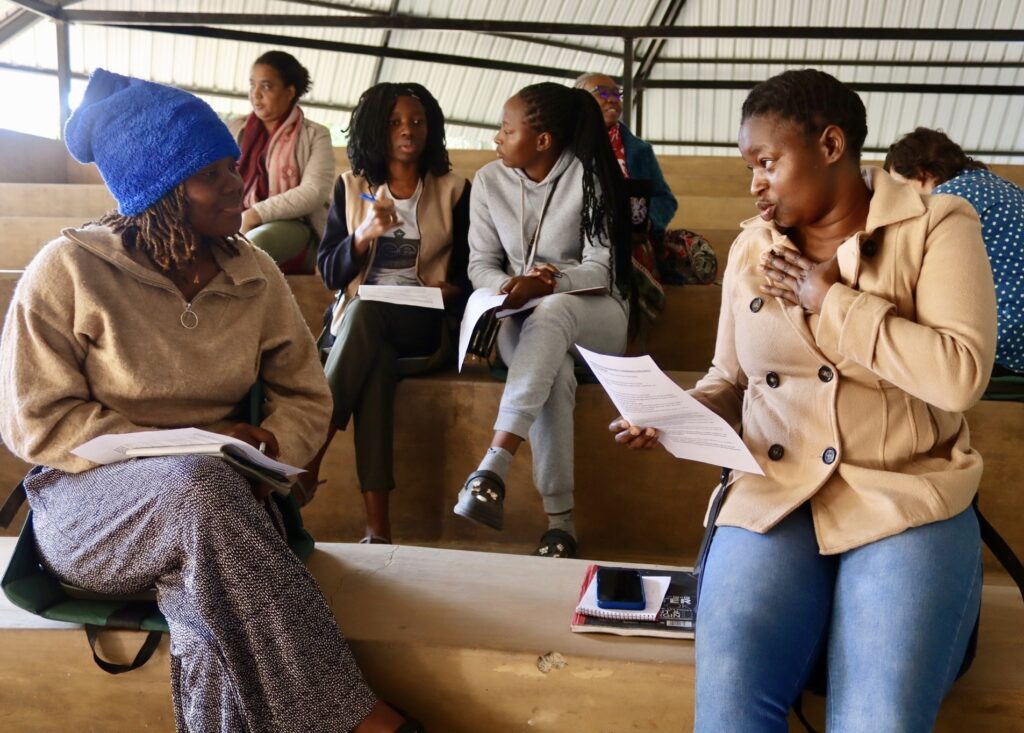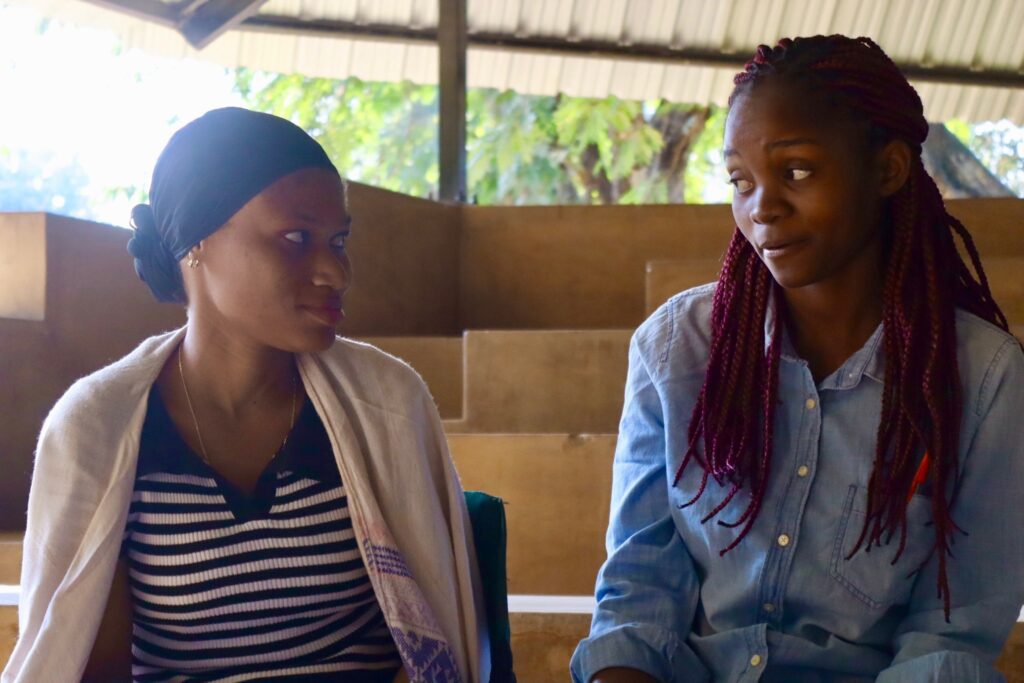Text/Photos – Janado Nazare Cher
Gorongosa National Park’s Women in Conservation Workshop is more than just an educational experience—it’s a catalyst for change, empowering women to lead and make a lasting impact on biodiversity conservation in Mozambique.
Held annually and coordinated by the Park’s Bio-Education team, this groundbreaking workshop is designed to mentor and uplift women dedicated to conservation. This year’s six-day event, from August 5-11, brought together 12 women from universities and regions across the country, fostering an energetic atmosphere of learning and collaboration.
Dr. Tara Massad organizes and hosts the conference. She believes the workshop is a powerful and inspiring experience, both for the students who attend and the mentors who guide them. Students gain invaluable insights into conservation careers from Mozambican women leaders, leaving the workshop with a clear sense of direction and hope for their future in conservation.
“As a mentor, I’m energized by the dedication and intelligence of these young women, and I’m optimistic about the future of conservation in their capable hands,” Massad explains. “The workshop’s impact is clear, with former participants now working in Gorongosa and pursuing advanced studies in Conservation Biology.”
Participants are taught and mentored by experienced scientists who share their expertise on a wide range of conservation topics. Workshop activities and classes are diverse and hands-on.
The first day’s activities emphasize the role women can play in shaping Mozambique’s future in conservation. By sharing personal stories about their goals, experiences in conservation work, and the challenges they face, students build a strong sense of community.
Mornings are spent in the field, where participants learn essential skills like monitoring wildlife using camera traps, a critical tool for identifying species in remote areas.
Afternoon sessions address important issues such as sexual harassment, gender-based violence, and women in leadership, giving participants the knowledge and strategies they need to navigate challenges and lead in the field of conservation.
This year, three Mozambican women mentors shared their career journeys in conservation, providing students with invaluable insights and inspiration. Several women who work in Gorongosa National Park participated in two panel discussions: one on women in leadership within conservation and another on the experience of working in a national park as a woman. These talks and panels are particularly impactful, offering students an empowering glimpse into the possibilities within conservation and helping them envision their own future paths in the field.
Gorongosa National Park’s commitment to supporting young scientists goes above and beyond the Women in Conservation Workshop. The park offers opportunities for university students to pursue master’s degrees through its Gorongosa Masters in Conservation Biology Program, engage in scientific research projects, and participate in workshops that provide practical field experience.
“The Women in Conservation Workshop not only opens doors for students but it fuels our optimism as mentors,” Massad said. “Seeing former participants now working in Gorongosa National Park and advancing their studies is a testament to the workshop’s long-term impact.”
